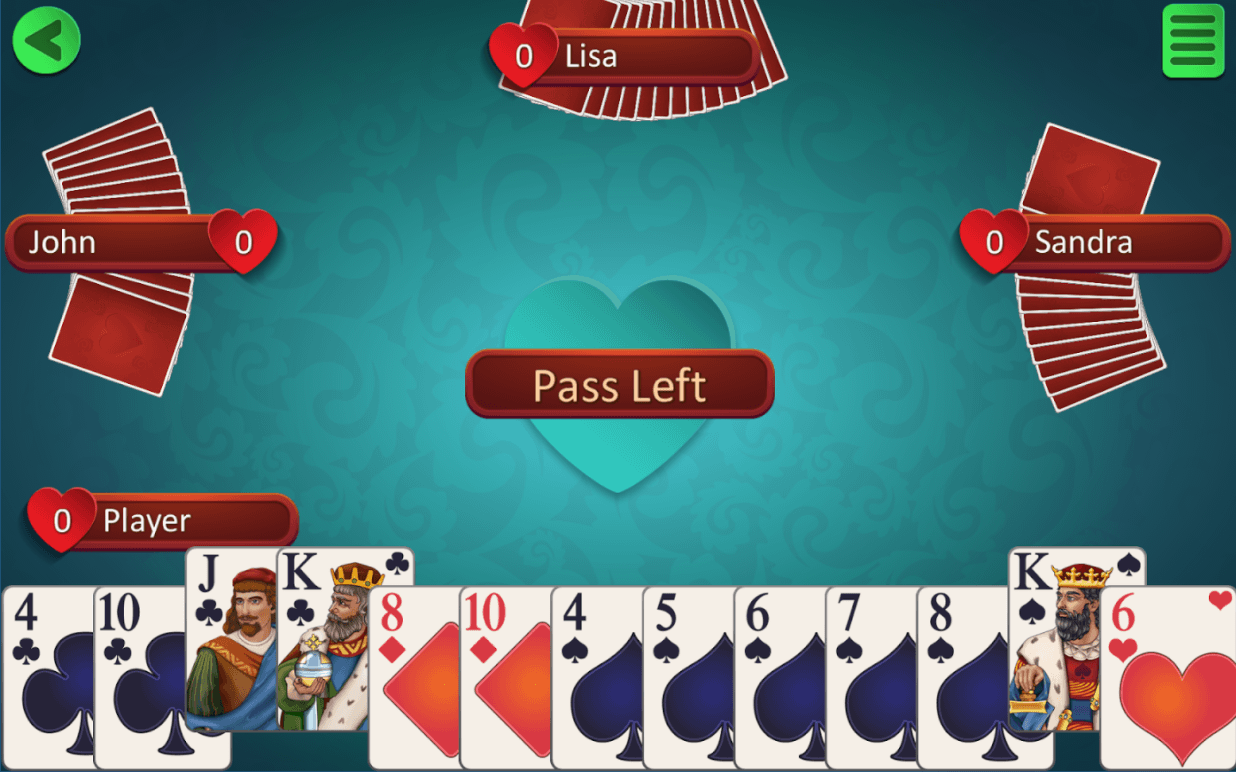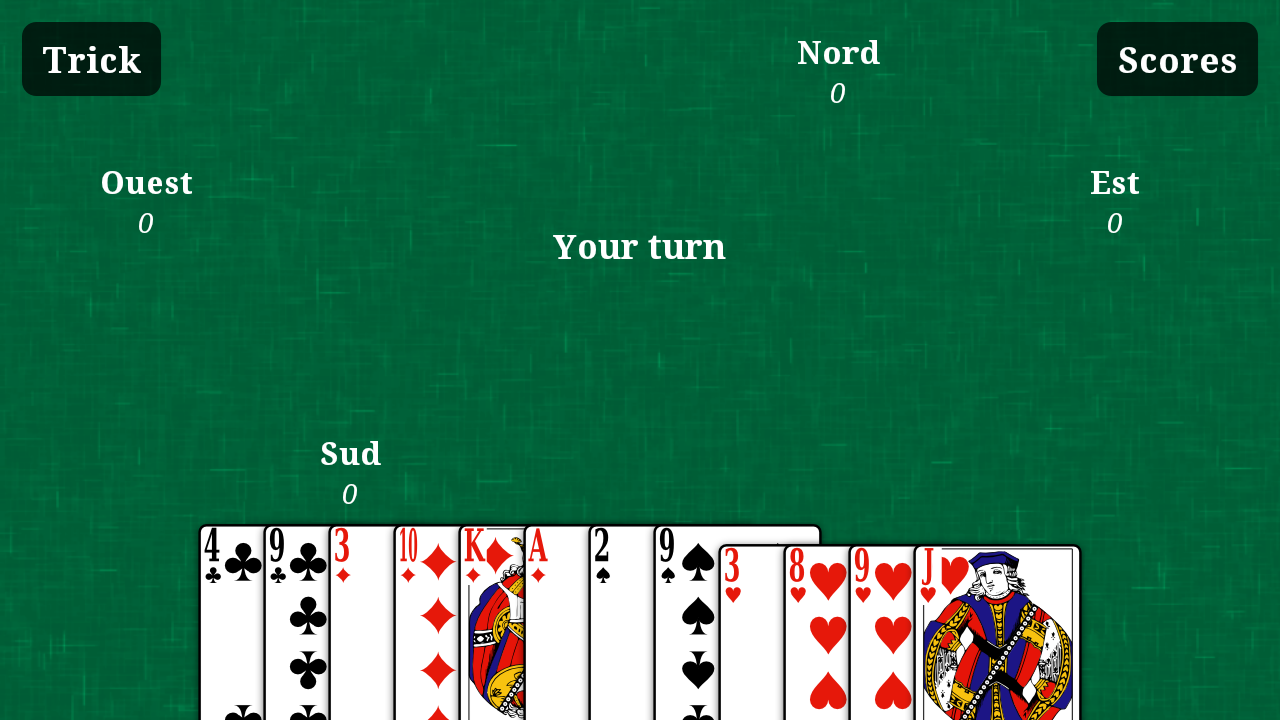

Only you can see your own cards, which are hidden at all times from all other players. At Spigo, only the four-player version of the game is supported while there are ways to play three-handed, we won’t be worrying about them here. In Hearts, each player is dealt 13 cards from a standard deck of 52. Once you’re ready to begin, you can click the start game button and you’ll be taken into the main game area. You may also play a full game up to 100 points, or just a single round – the former of which is much more skill-based than the latter. Spigo offers both play money Hearts games, in which you can play and practice against computer opponents or other humans, and real money games in which you can compete against other gamblers playing on the same site. It also makes it a perfect addition to the Spigo lineup, as a nice blend of skill, luck, and entertainment value help it fit right into their line of skill-based games that appeal to relatively casual players. But the easy scoring rules and straightforward gameplay flow make it an idea entry point to this sort of card game. That’s not to say that it doesn’t involve plenty of strategy: a skilled player is still a big favorite over inexperienced competition, and there are some tough decisions to be made every time you play. Of these games, Hearts is one of the simplest to learn and enjoy.

This grouping is known for having rules that put a great deal of emphasis on suits and trumps, usually involving around four players (often three or five can play, but the games are designed for four), and with each player laying down just one card at a time in a series of rounds. Along with Bridge, Spades, and a host of other popular games, Hearts belongs to the family of card games that are known for their “trick taking” element.


 0 kommentar(er)
0 kommentar(er)
